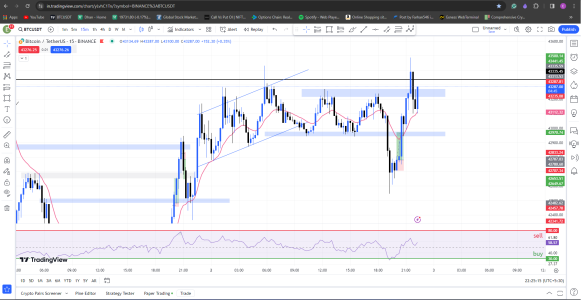i_vickypandit
KF Rookie
I want to learn everything about stock market. But don't know anything,guide me to start and from what to start.

Firstly, it’s crucial to identify your financial personality. Are you an investor or a trader? This distinction is important as it will guide your learning journey.I want to learn everything about stock market. But don't know anything,guide me to start and from what to start.
LEARN. BASICS FROM YOUTUBE LIKE WHAT IS STOCKS , NSE ,BSE , FUTURES AND OPTIONS , ETFS , MFS ETC .I want to learn everything about stock market. But don't know anything,guide me to start and from what to start.